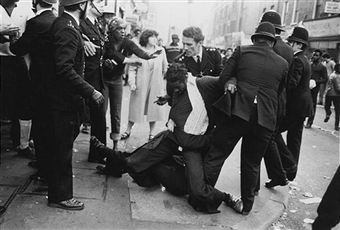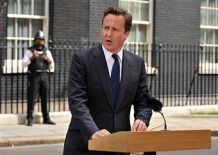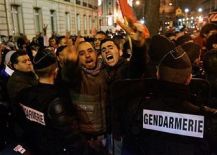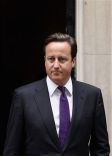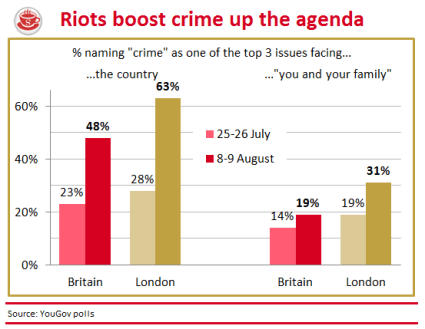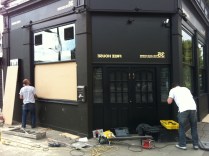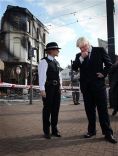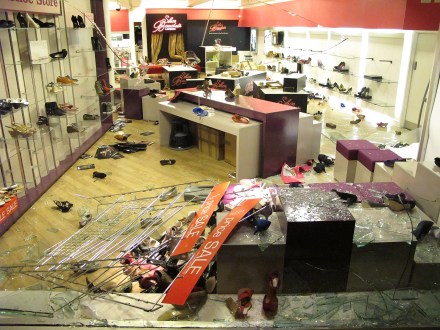From the archives – the nihilism of the young
Theodore Dalrymple has an article in this week’s issue of magazine (non-subscribers can buy the Spectator from just £1 an issue), on the nihilism of the young. Roy Kerridge came to very similar conclusions during the Brixton riots of 1981. Here’s what he made of them: A day in Brixton, Roy Kerridge, The Spectator, 18 April 1981 Some years ago I noticed that all was not well with some of the teenage children of my West Indian friends. After reluctantly being pushed out of their schools – where they really did spend the happiest days of their lives, going on treats almost every week – they simply went home and
